Best Bandages
Cómo conseguirlo
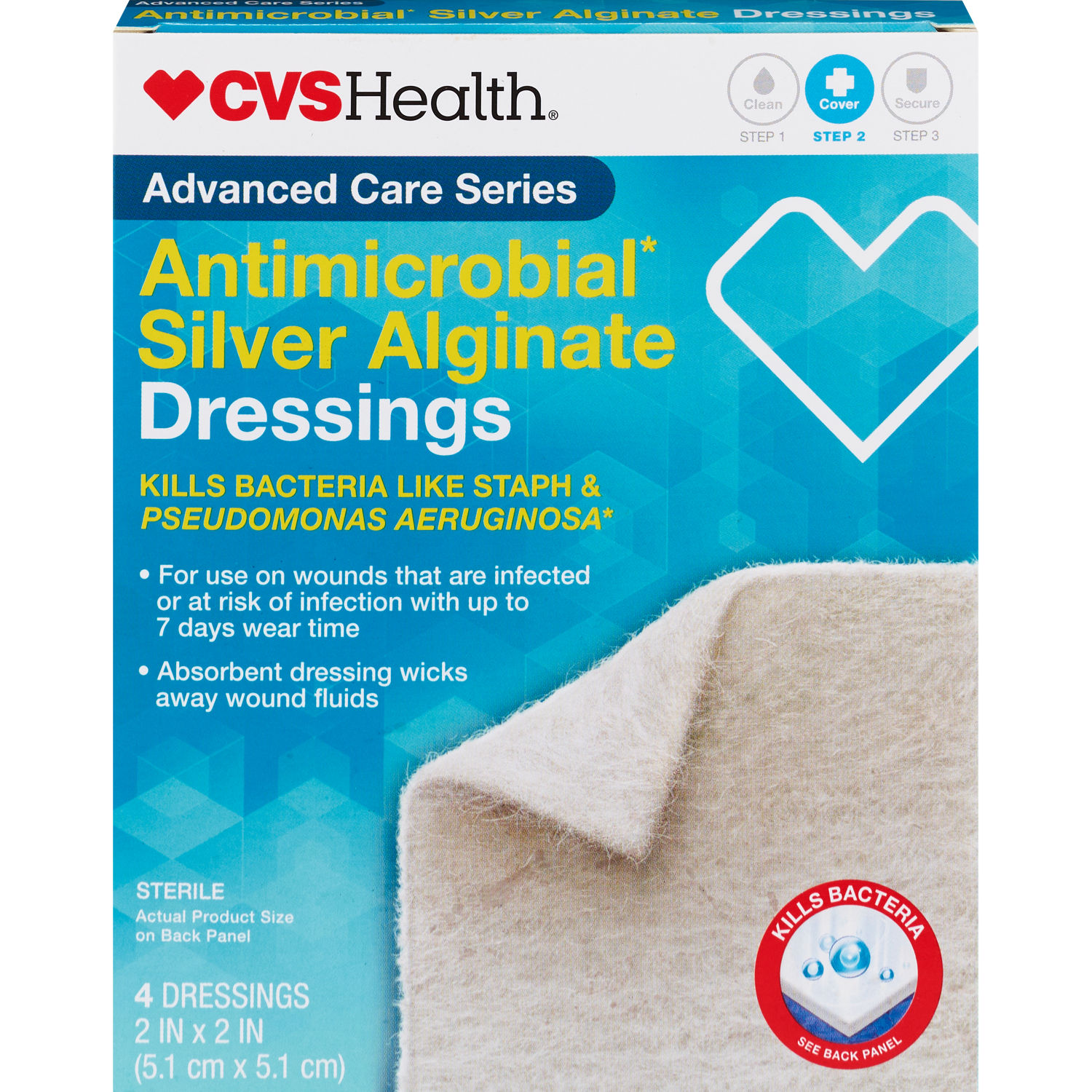)
)
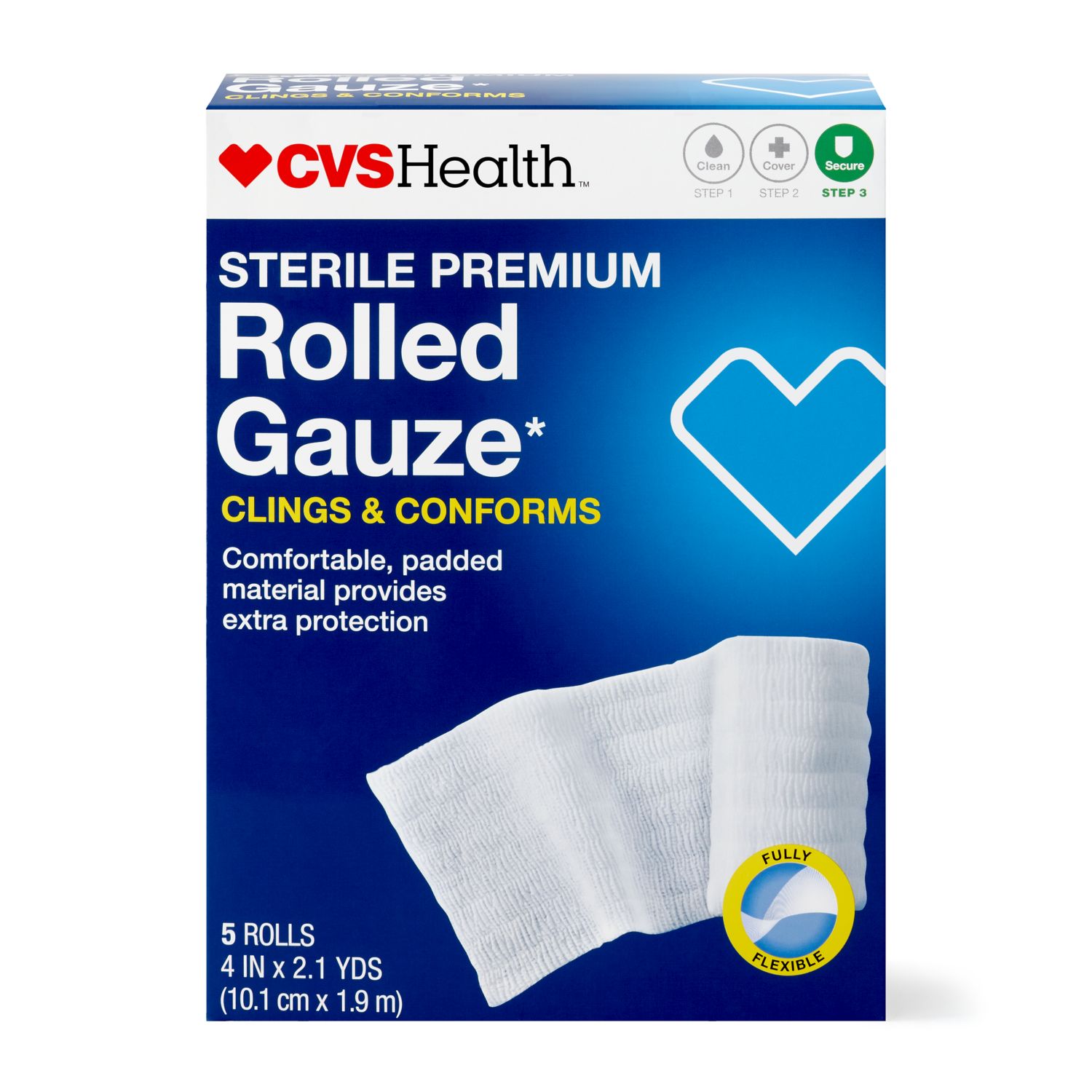)
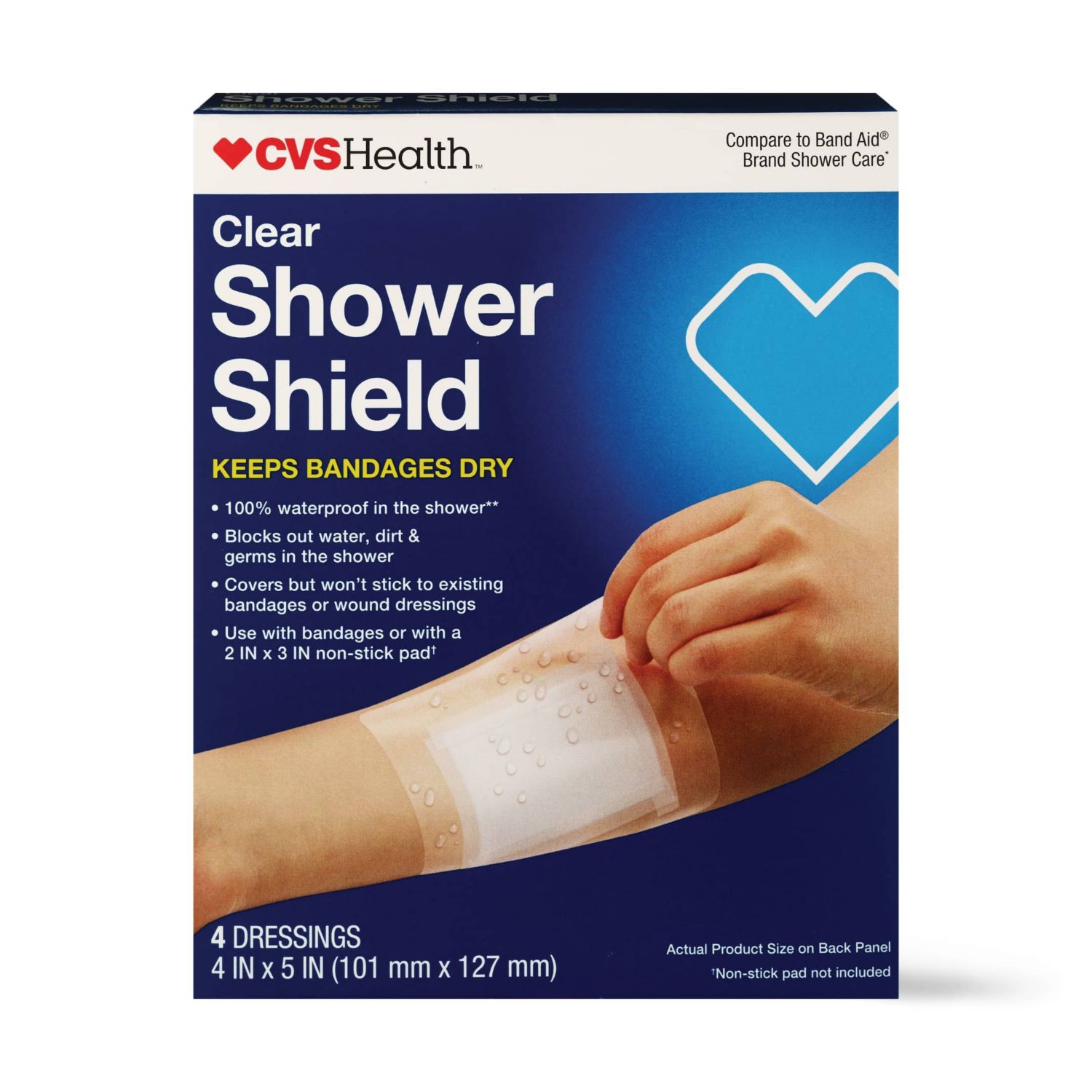)
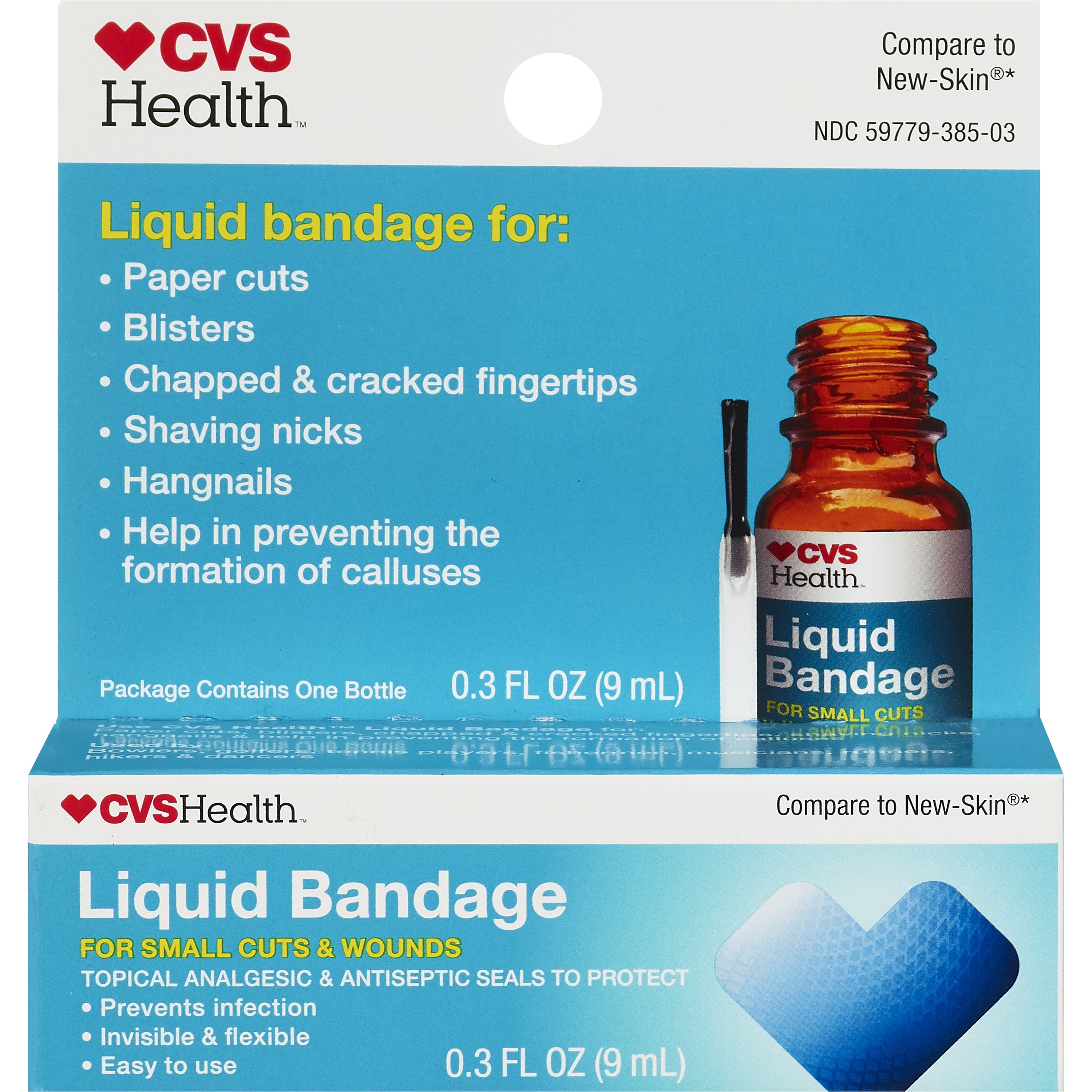)
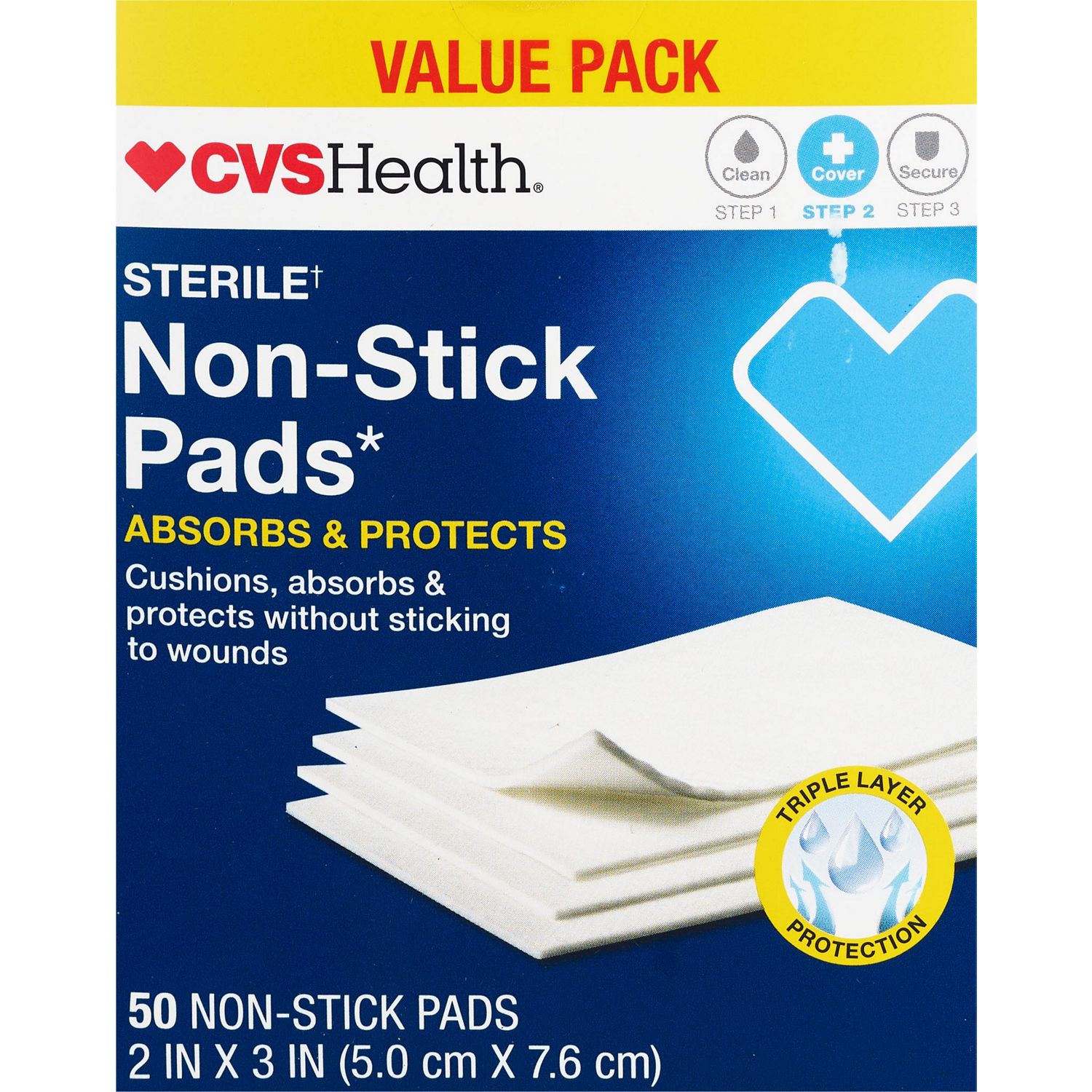)
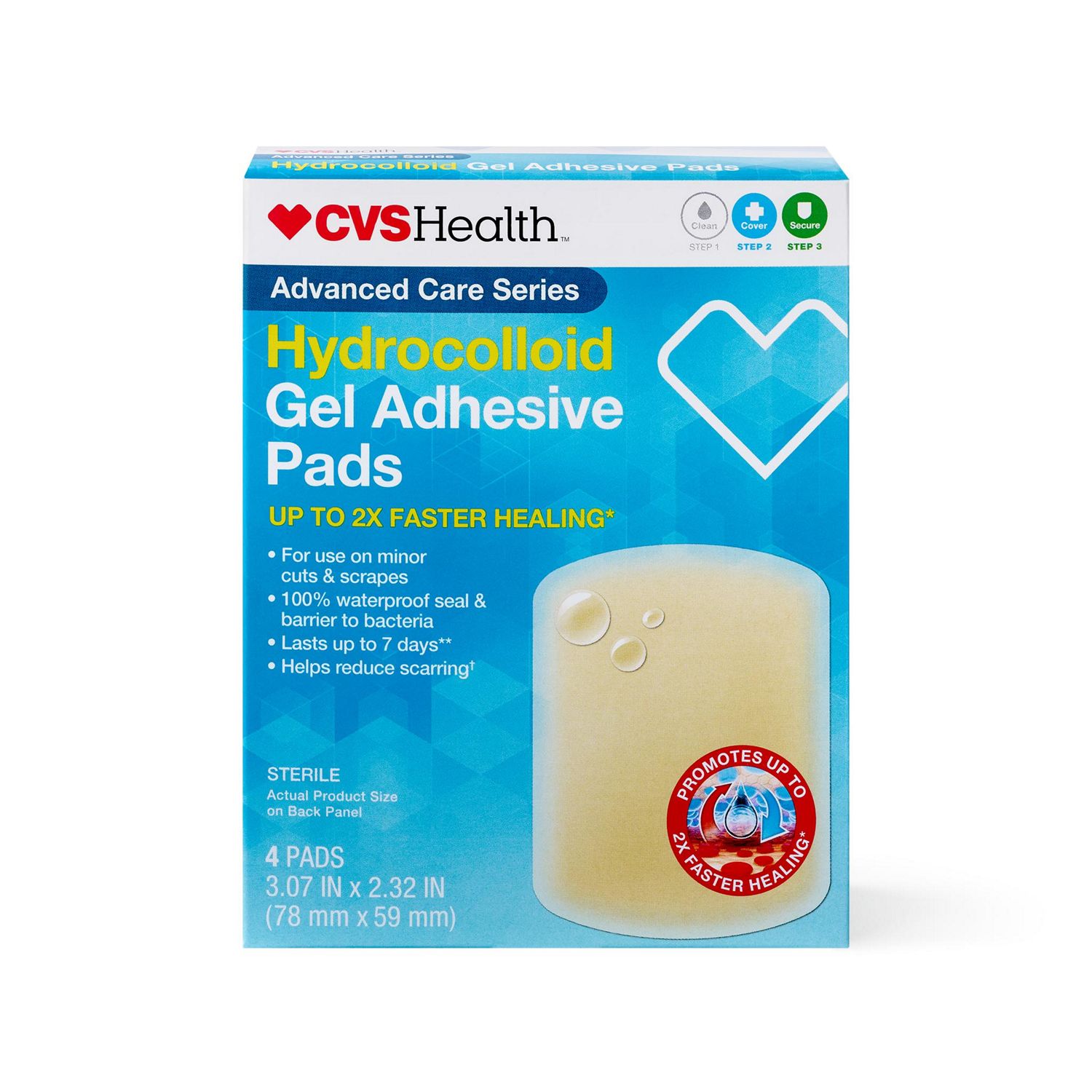)
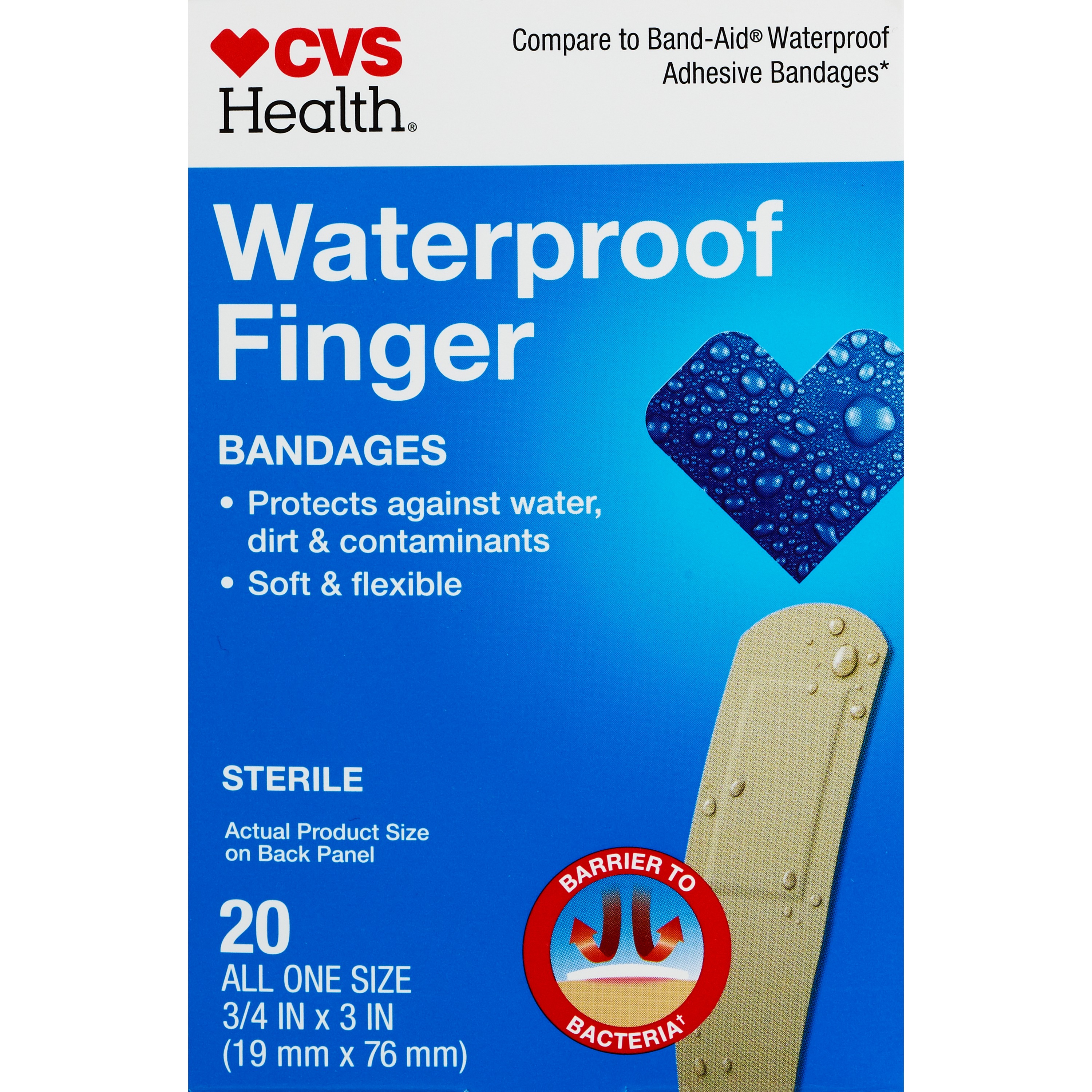)
)
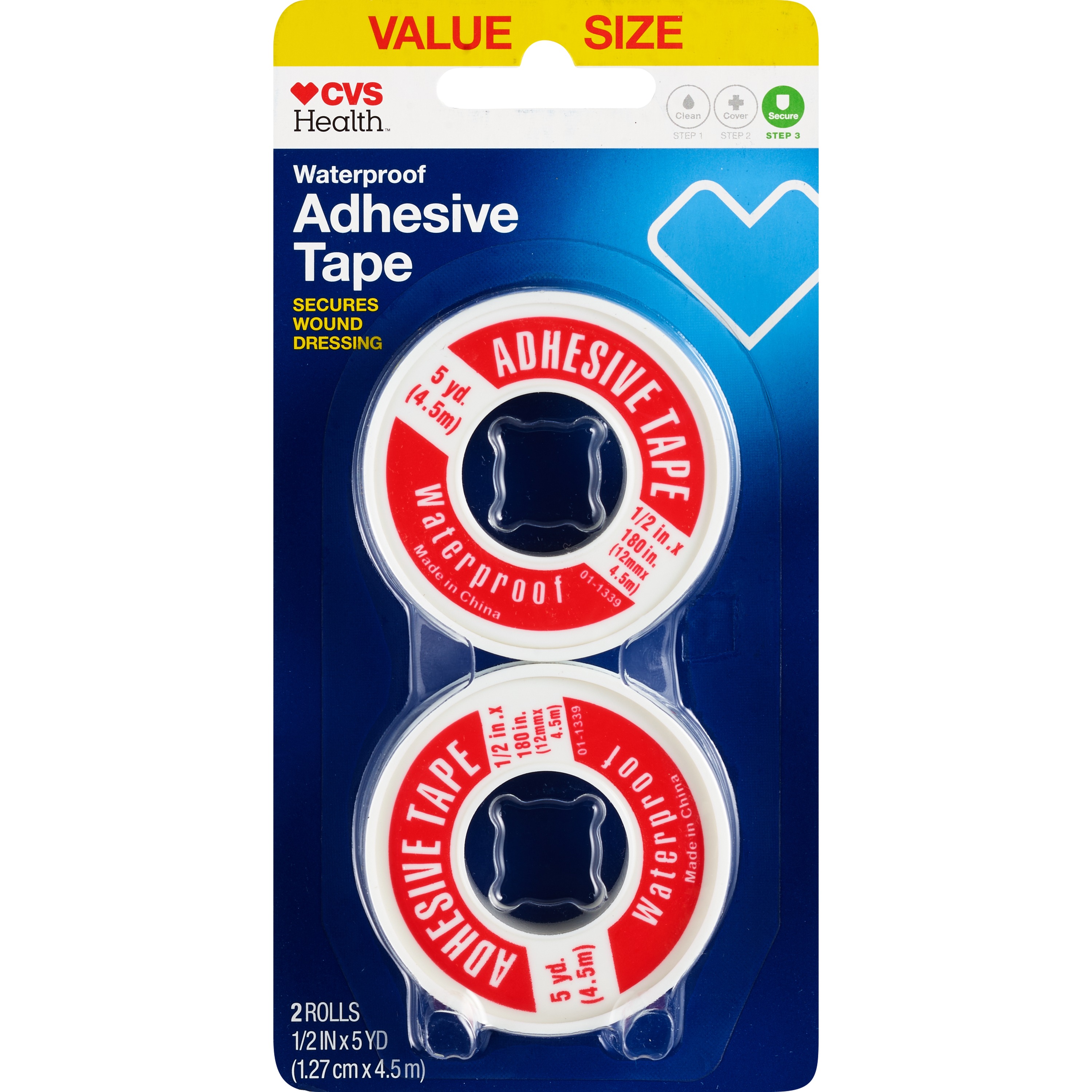)
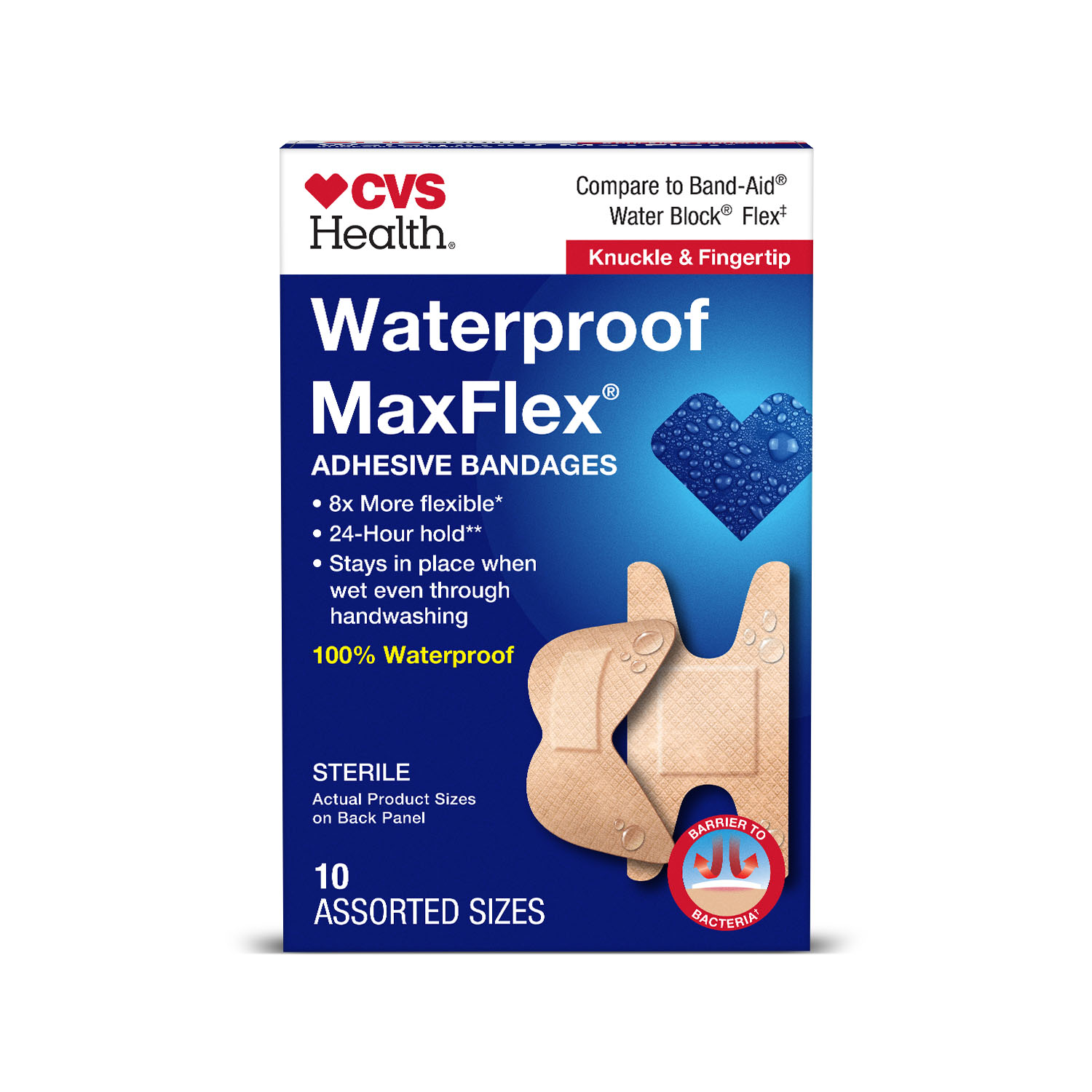)
How to Choose the Best Bandages
Choosing the best bandages may sound like a simple task, but the best bandage for your injury may depend on where you're hurt and how badly. Whether you're stocking up for small injuries or you need a bandage urgently for a bigger cut, CVS has what you're looking for.
What Are the Best Waterproof Bandages?
Few things are more irritating than a bandage falling off when you're swimming or showering, which is why people tend to opt for waterproof bandages. When it comes to finding the best waterproof bandages, skip any made from fabric, as these soak through quickly, and the adhesive may break down. Look for bandages that have a waterproof seal and are made of latex. If you're allergic to latex, try hypoallergenic latex-free bandages. The best hypoallergenic bandages are usually made of fabric or a soft latex alternative.
What Bandages Stick the Best?
When you're trying to keep a wound covered, a bandage that doesn't stay put is irritating at best and a risk for infection at worst, so look for bandages labeled "heavy-duty." Larger bandages also may stick better because they have more adhesive over a wider surface area than small bandages do. However, smaller bandages are often the best bandages for fingers; if you try to wrap a large bandage around your finger, sticking the bandage to itself instead of your skin may reduce the adhesive's effectiveness. A variety pack of bandages may help you find the best bandage size for your needs.
What Is the Best Bandage for an Open Wound?
When you're dealing with an open wound, you may need to contact a doctor before looking for the best bandages, just in case the wound needs stitches. If not, look for bandages that create a seal to keep out any dirt or debris. Some bandages are even infused with ointments or ingredients such as manuka honey to encourage healing. Post-surgical bandages, on the other hand, are made specifically to help protect surgical wounds and tend to be gentle on the skin.

)
)
)
)
)
)
)
)
)